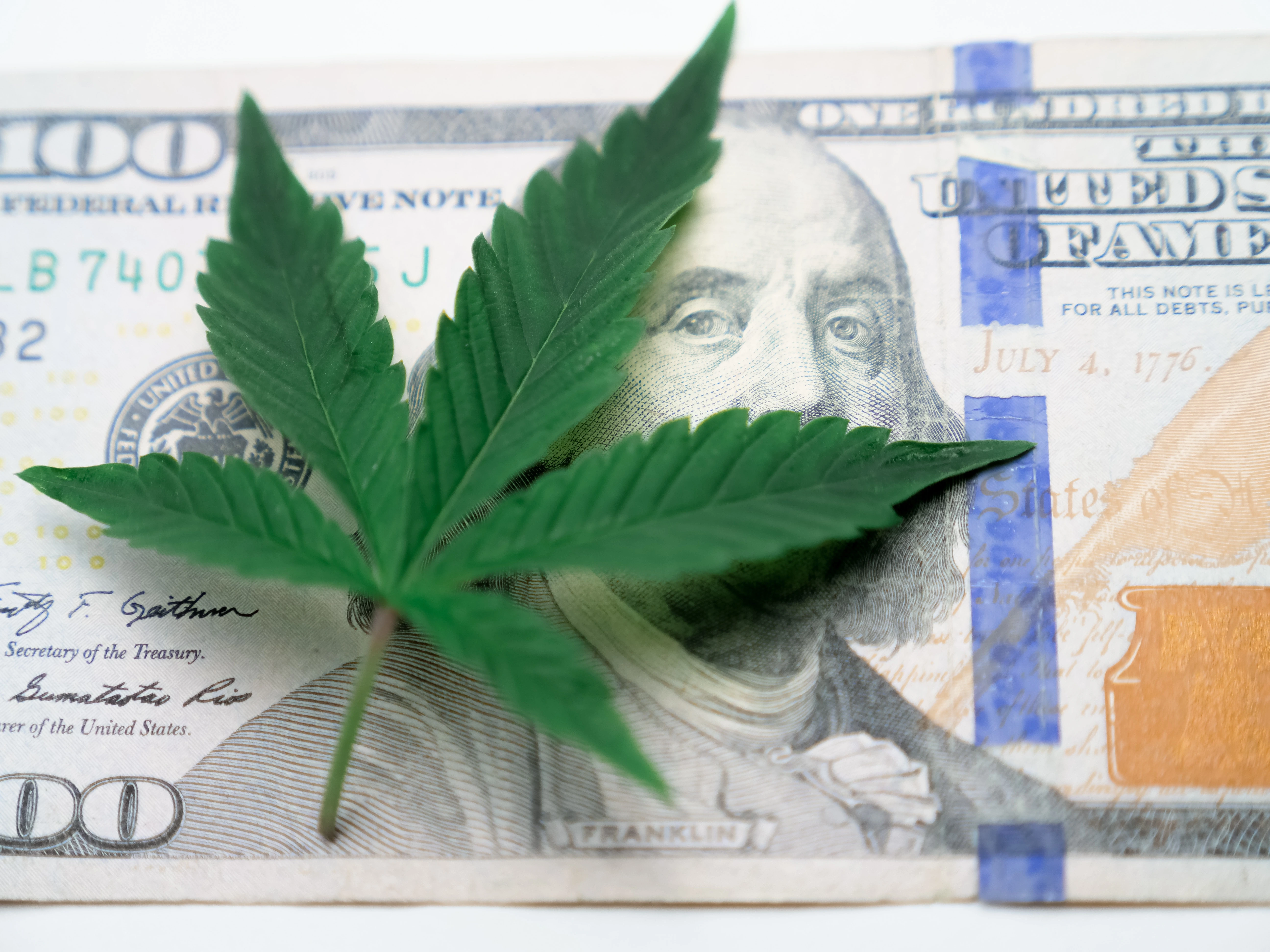Sample by My Essay Writer

The amount of money that the United States has spent on the drug war is too much to tally, as no official price tag has been released by the nation’s government and there are too many variables to consider to even attempt to estimate the damage. Despite the endless effort by authorities throughout the nation – acting under the direction of the federal government – there has been no impact on the drug trade: “Efforts of interdiction and law enforcement have not been met with decreases in the availability of drugs in America,” (America, 1996). Similar to how the amount of legal activity and costs to the taxpayers increased during prohibition in the 1920s, the drug trade is ramping up gang violence, fueling a waterfall of costs to enforce the laws, cramming prisons and increasing government costs at the expense of taxpayers. In order to move out of the dark ages in the fight against drugs, narcotics should be legalized and the money spent on the drug war should instead go to treat those who are addicted to drugs.

The effects of drugs are seemingly insurmountable. Those who abuse drugs are continually in court, further increasing costs; hospitals are filled; prisons are filled; violent crimes result and they take their toll on neighbourhoods; and the children of drug users are abused, abandoned or neglected. Drug dealers are the only people who benefit from the drug trade; “[Yet] the government has, to no avail, spent countless billions of dollars in efforts to eradicate the supply of drugs,” (America, 1996). Money is already being spent each year on fighting the distribution of drugs, but if the government were to dedicate that money – or even a portion of the funds – to treatment for those who are addicted, the demand for drugs would decrease because there would be fewer addicts. Furthermore, legalizing drugs and selling them at pharmacies, for example, would allow the government to tax their distribution. This is money that could be used to help fight the addiction and to improve the availability of health care to addicts. However, the amount of health care that is needed would actually be lower if the drugs were sold at pharmacies, or similar stores, because the equipment used to inject the drugs would be sanitary, which would reduce the number of people requiring care.

Trying to pin down the number of the amount of money spent on the drug war is like attempting to count the drops of water that fall from Niagara Falls each year. However, as Richard Branson, the multi-billionaire owner of the Virgin chain of businesses, stated in an article he wrote for The Telegraph, “Over the past 50 years, more than $1 trillion has been spent (in the United Kingdom) fighting this battle… Just as prohibition of alcohol failed in the United States in the 1920s, the war on drugs has failed globally,” (Branson, 2012). Branson points out that it isn’t just America that is failing the battle. The futile attempt to curb the amount of drug-related activity – while spending loads of cash – is a global problem; it’s a plague that has struck the globe. According to the Canadian Broadcasting Corporation, $368 million was spent in 2004-05, mainly for drug-related law enforcement initiatives (Canada’s, 2007). The national news organization cites a report from the British Columbia Centre for Excellence in HIV/AIDS, which says that despite the amount of money being spent, the problem is actually getting worse: “In 1994, 28.5 per cent of Canadians reported having consumed illicit drugs in their life; by 2004, that figure had jumped to 45 per cent,” (Canada’s, 2007).
So if the drug war has failed in so many countries throughout the world, why doesn’t the American government – and all governments, for that matter – throw in the towel and focus spending on educating people about the effects of drug use, and treating those who are addicted? Surely something could have been learned from the 1920’s prohibition on alcohol to which Branson referred. For example, while the number of gallons of pure alcohol in the U.S. in 1921 (when prohibition was enacted) dropped from just under 0.8 gallons per capita to just over 0.2 per capita was a substantial improvement, the number jumps to more than 0.8 in the following year. The amount continues to increase through each of the following years. This suggests people were finding illegal places to get their alcohol (The End, 1996). This is likely the same scenario with drugs. All that making drugs illegal does is create a market for drug dealers looking to capitalize on a product that is high in demand.
While it may seem counterintuitive to many, legalizing drugs is better than the alternative of keeping them illegal because of the aforementioned facts. To reiterate: the vast amount of money that the government is spending on the fight against drugs is only fueling a turbine of illicit activities that affects a vast number of people. Legalizing drugs, taxing them and providing a safe way to take a dose, will decrease the number of people in hospital and it will provide the government with a source of revenue to treat the victim of drugs and decrease the number of people relying on the product. Legalization will also lower the amount of gang-related activity, which will decrease the costs associated with law enforcement.
Works Cited
America is at War. (1996, Dec. 29). Stanford University.
Branson, R. (Jan. 23, 2012). It’s Time to End the Failed War on Drugs. The Telegraph.
Canada’s Anti-Drug Strategy a Failure, Study Suggests. (2007, Jan. 15). CBC News.
The End of Prohibition: What Happened and What Have We Learned? (1996, Dec. 21).






